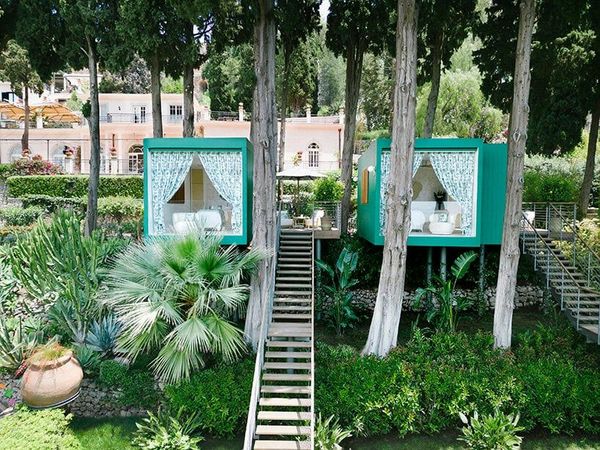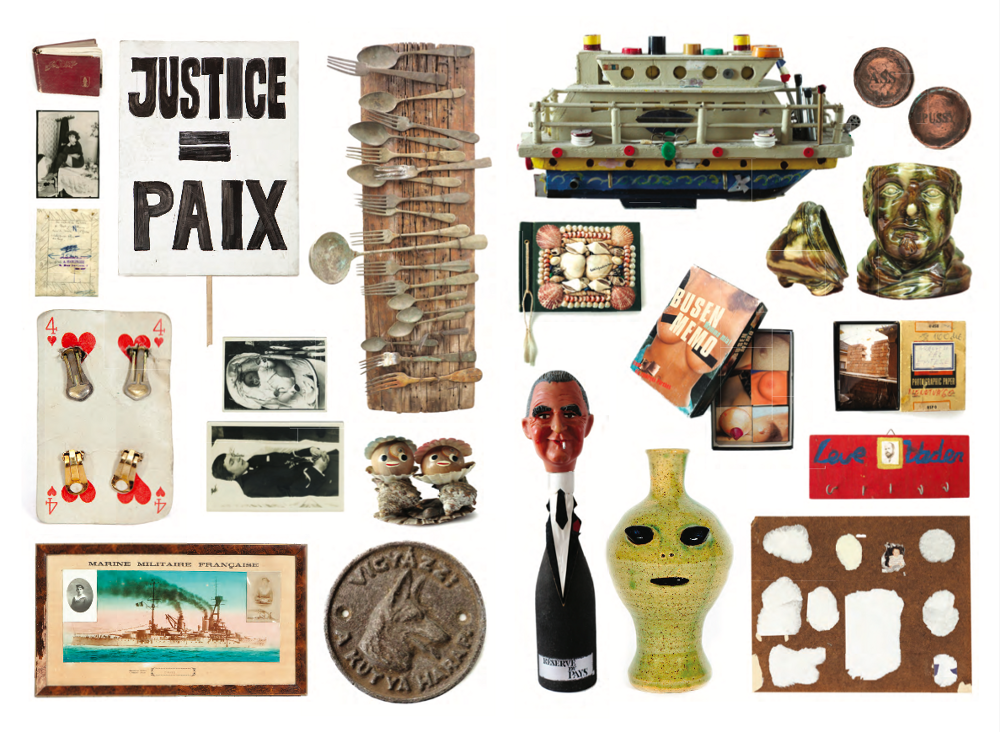The Europe Archive made by the Dutch Erik Kessels and the French Thomas Mailaender is a long-term project that aims to reconstruct a collective memory of Europe by presenting their collection of unique artefacts which they have gathered at European flea markets, second-hand and antique shops, and the internet.
The like-minded artists have already collaborated several times. Based on their experience as collectors, they are increasingly noticed how globalization and the internet are affecting the flea market phenomenon, as well as “the migration of things,” as they call it. Where things mainly used to change hands within a local context, while retaining their original meaning and functions, the digital age, globalization, and consumerism have changed that a lot. Stuff is losing its original context, with associated stories and memories often lost as well. Their work celebrates this abundance by elevating objects from a multitude of social perspectives, setting the stage for new stories, and thus a new relevance.

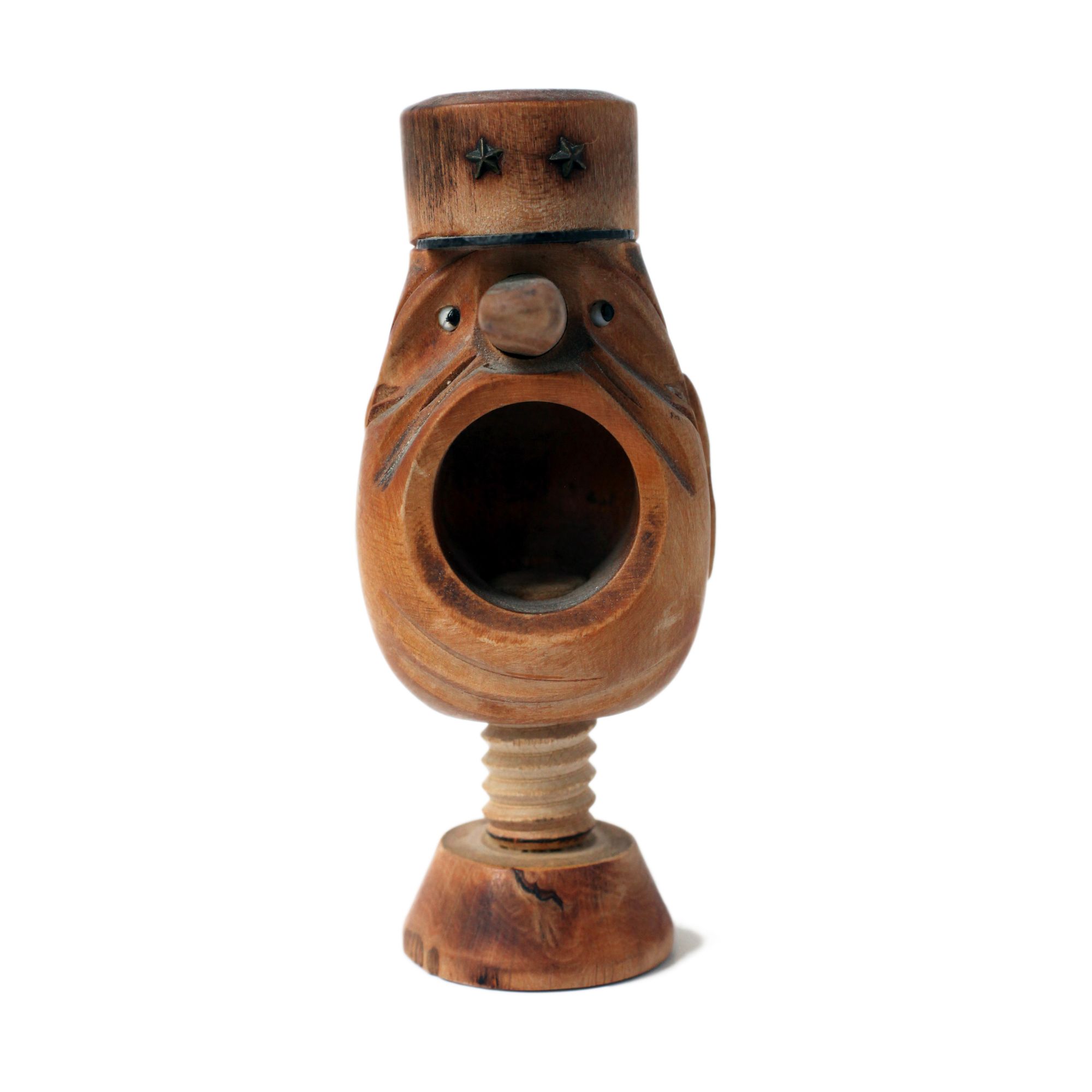
With their special sensitivity, Kessels and Mailaender reveal a great fondness for unique objects that stem from enthusiastic amateurism and domestic craftsmanship. Their alternative aesthetic is often moving, relativizing, and at times absurdist and hilarious. The artists recognize and appreciate their fragile imperfection, their uniqueness, and the sociological patterns they are part of. However, the objects are certainly not only humorous as they can also be abrasive and expose painful moments of history.
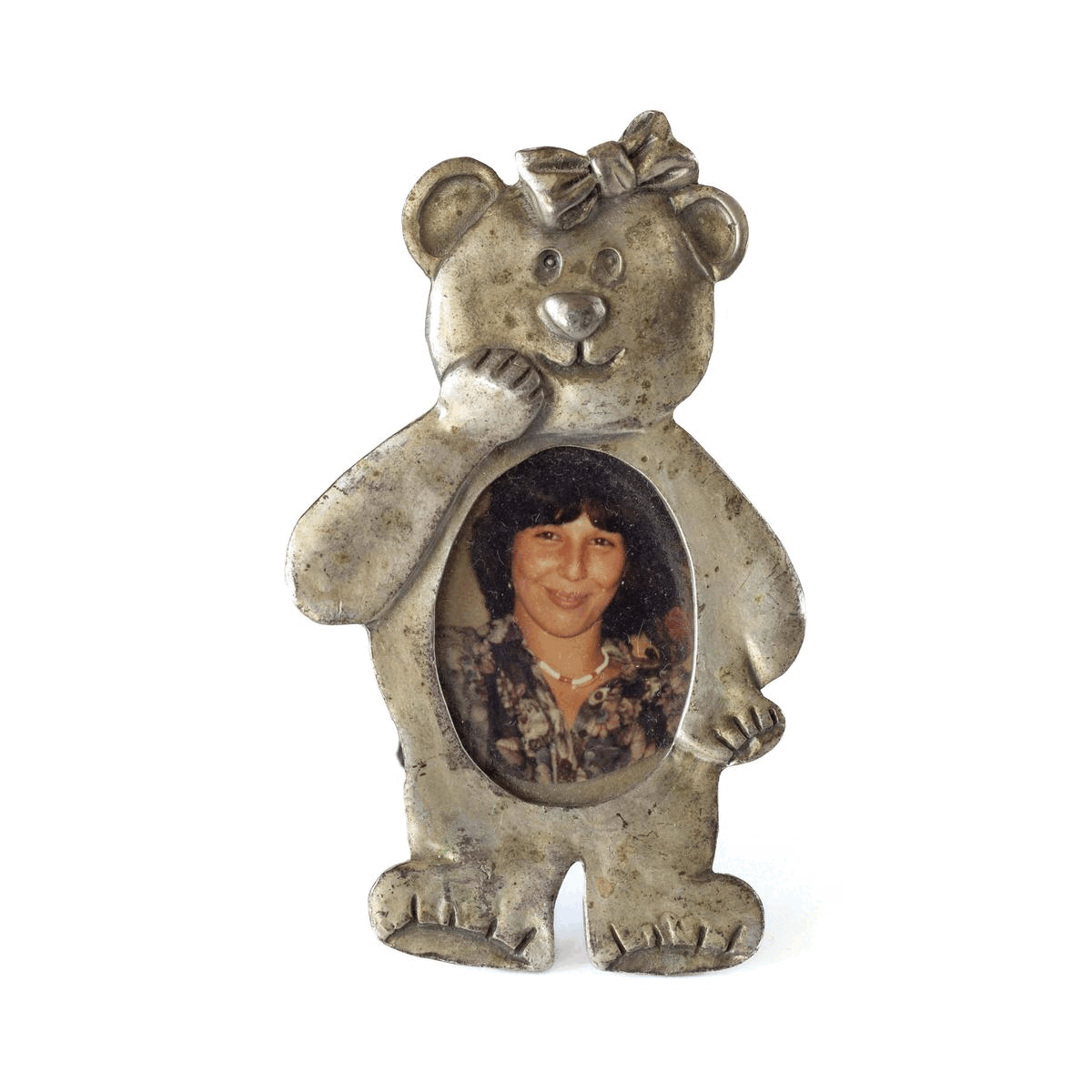
By collecting such relics, the artists aim to create an archive that appeals to a collective memory of Europe. At a time when the definition of Europe is increasingly under pressure, the project celebrates the European legacy, and shows its complex cultural diversity and common values. Transcending clichéd approaches to local features through sharing alternative histories, the project raises questions that prompt reflection on what unites us, and who we are as Europeans. Most of all, the project celebrates imagination, human creativity, and ingenuity, where alternative beauty and failure have valuable meaning.
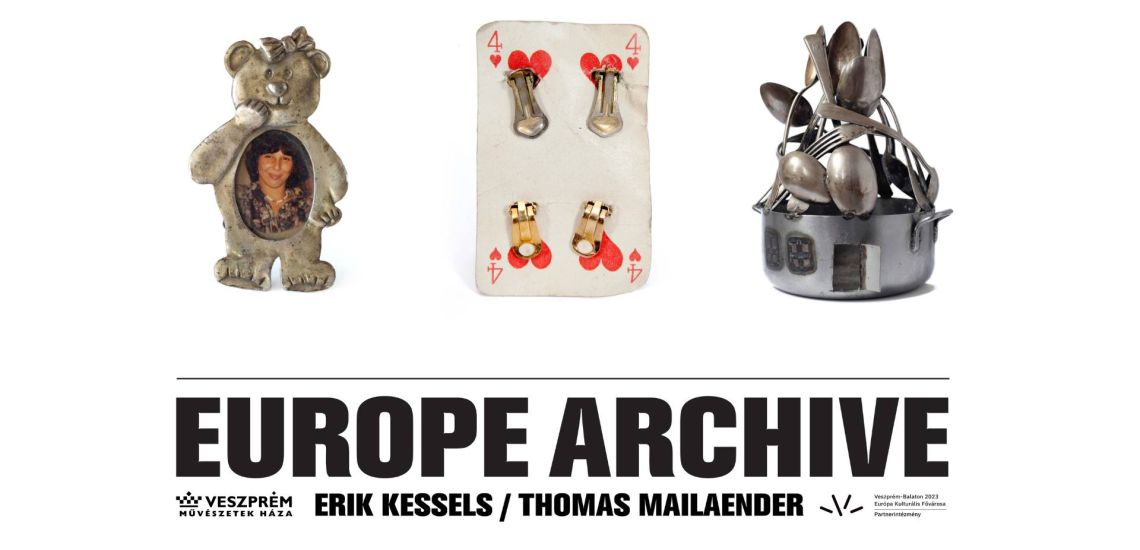
The first stop of the Europe Archive exhibition takes place in the framework of the European Capital of Culture 2023: Veszprém–Balaton, Hungary. The exhibition is scheduled from June 22 to August 27, 2023.
Europe Archive – Erik Kessels & Thomas Mailaender
Venue: Dubniczay Palace (29 Vár Street, Veszprém 8200)
Text & Curator: Claudia Küssel
Source: muveszetekhaza.hu

A restaurant in Kraków is the first in Poland to be awarded two Michelin stars
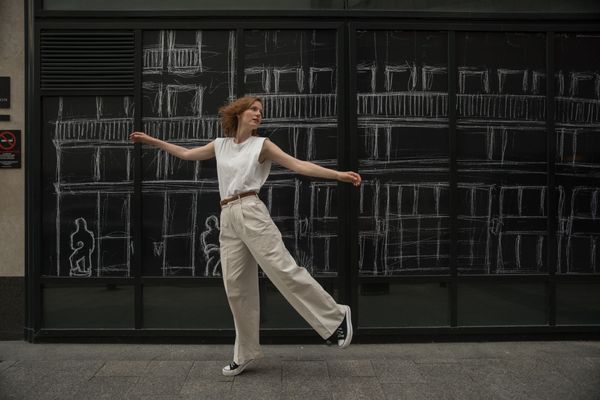
I am constantly trying to break out of my own bubble - interview with Eszter Gózon
